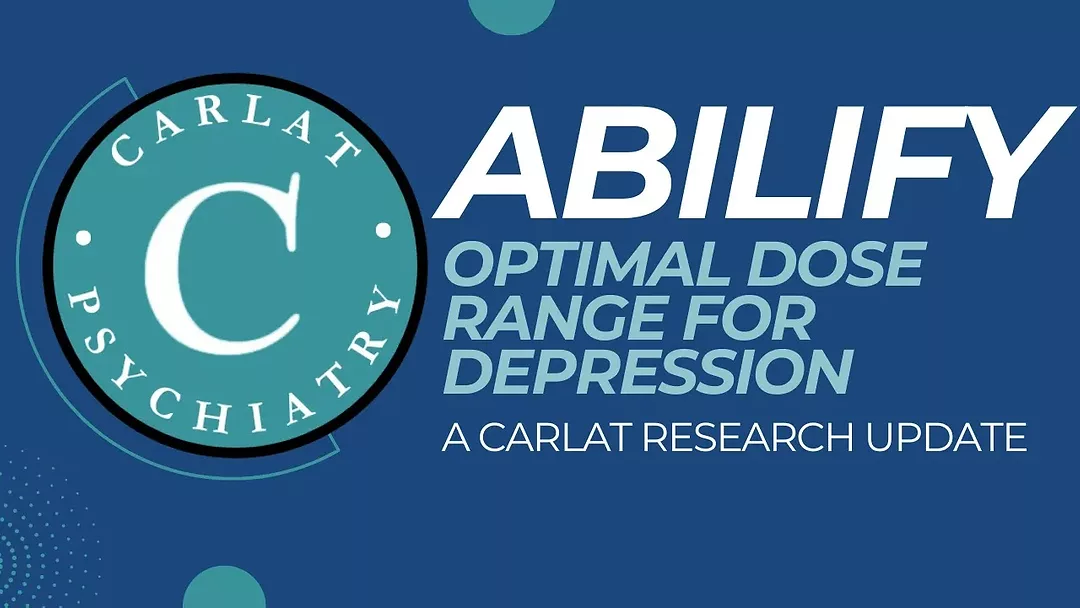In this video, we explore the optimal dose of aripiprazole for depression and how it can be used effectively in antidepressant augmentation. Aripiprazole is one of the most well-studied atypical antipsychotics for depression, particularly in cases of treatment-resistant depression where standard SSRIs and SNRIs have failed to deliver results. But finding the best dose of aripiprazole is critical to balancing its benefits with potential side effects like akathisia and sedation.
This video breaks down the findings from a meta-analysis of randomized controlled trials, examining how aripiprazole dosage impacts patient outcomes in clinical depression treatment. We discuss how doses between 2-5 mg/day can lead to significant improvements on the Montgomery-Åsberg Depression Rating Scale, and why higher doses may not provide additional benefits in most patients. You’ll also learn how aripiprazole augmentation can improve the effectiveness of SSRI and SNRI therapies, helping patients who struggle with treatment-resistant depression.
If you're interested in understanding the clinical benefits of aripiprazole, this video provides clear guidance on its use in mental health treatment. We delve into how this atypical antipsychotic works as an augmenting agent for depression medications, improving the efficacy of existing treatments while minimizing adverse effects. For psychiatric care providers and patients alike, this is essential information on how to best utilize aripiprazole for depression. Whether you're managing treatment-resistant depression or seeking to optimize your mental health treatment, understanding the aripiprazole dosage guide is key to achieving better outcomes.
This video helps clarify the best practices for using aripiprazole in clinical depression treatment, while also explaining how to avoid common aripiprazole side effects and ensure safe, effective treatment. With expert insights and the latest research, we explore the clinical benefits of aripiprazole and offer practical recommendations on aripiprazole dosing for treatment-resistant depression. Join us for an in-depth discussion that could change the way you approach depression care.
Related:


_-The-Breakthrough-Antipsychotic-That-Could-Change-Everything.webp?t=1729528747)



